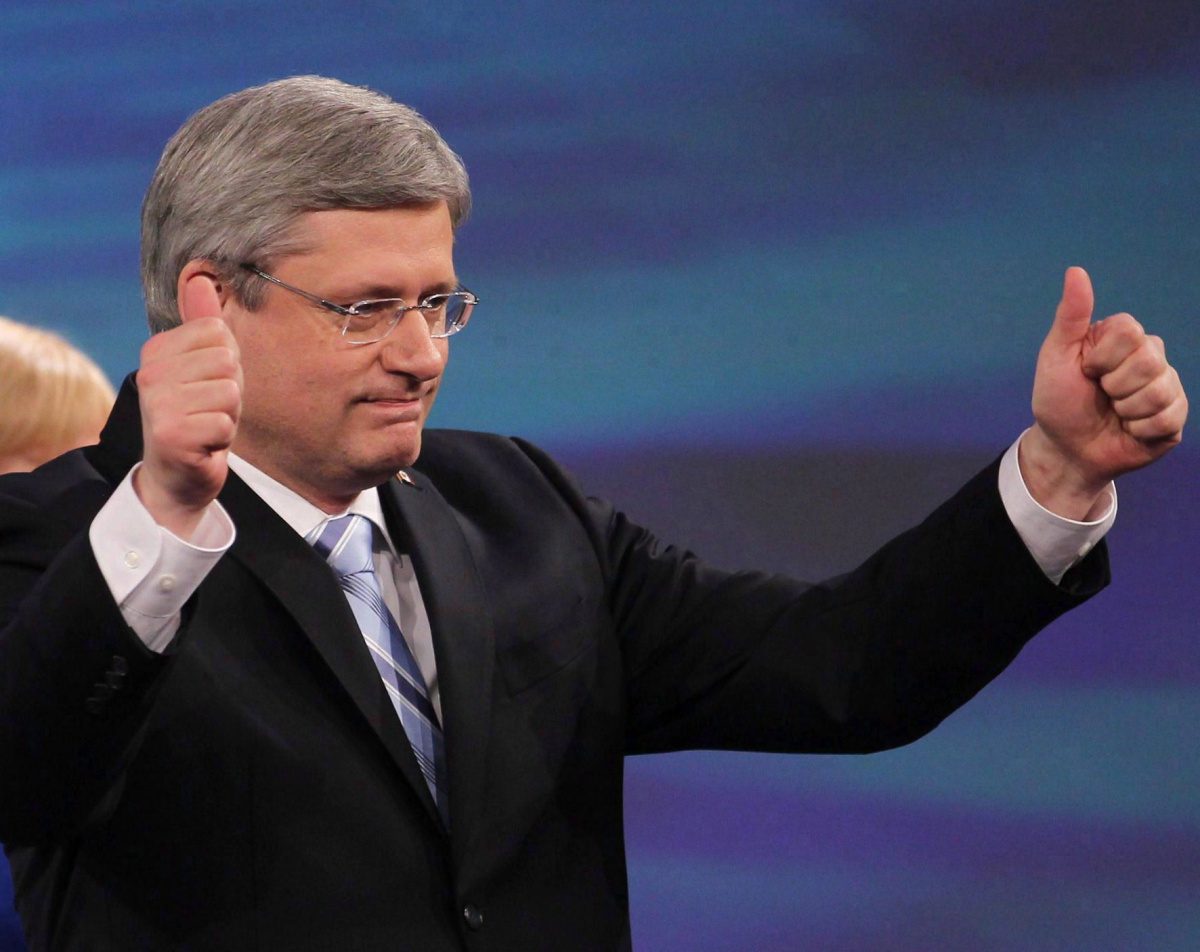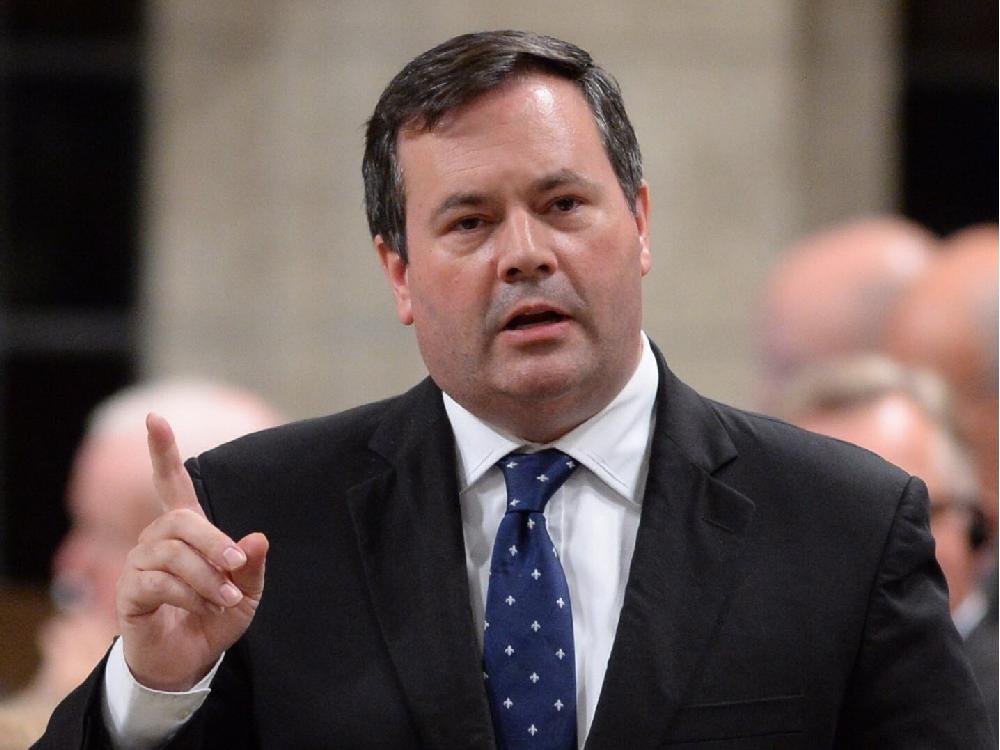Former Prime Minister Stephen Harper might be long gone from the Canadian political scene, but he's by no means forgotten.
In fact, we couldn't forget about Harper even if we wanted to, mainly because a large chunk of Canada's media and punditry class is totally obsessed with the guy.
And when I say "obsessed", I mean they hate Harper in the same irrational way arachnophobes hate spiders.
Indeed, this hatred is so strong it has even survived Harper's fall from power.
To show you what I mean, let's consider how some pundits reacted to Harper's recent visit to Washington D.C., where, in his capacity as head of the International Democrat Union, he met with various US officials.
Let's begin by stating the obvious: totally rational people would view Harper's Washington visit as no big deal and as something that shouldn't concern average Canadians, since, after all, he's now just a private citizen.
Certainly, other than perhaps boring some poor American out of his mind, Harper couldn't possibly do any harm.
Yet, Harper's critics saw things differently; in their hate-clouded minds, Harper's trip had to some kind of nefarious mission that would somehow end up hurting Canada.
For instance, writing in the Ottawa Citizen, Andrew Cohen, suggested Harper, sinister figure that he is, wouldn't lift a finger while in Washington to push Canada's NAFTA case to American trade officials.
As he put it, "Why assume loyalty from a contrarian?"
And according to Cohen, one of things which makes Harper a "contrarian" is his failure to effusively praise Prime Minister Justin Trudeau's NAFTA negotiating skills.
"He (Harper) is congenitally incapable of that kind of generosity" wrote Cohen, "He is a fierce and unyielding partisan, bloodless and charmless, all guile and no grace."
Irony alert: Given how Cohen unfairly savaged Harper as something less than a loyal Canadian, those exact same words could be used to describe him.
Anyway, Cohen's interpretation of Harper's Washington trip, although mean-spirited in the extreme, is actually benign when compared to what a guy named Dan Leger wrote in the Halifax Chronicle Herald.
Whereas Cohen simply accused Harper of "bloodless and charmless" inaction, Leger basically implied the former prime minister was in Washington DC to sell out his country.
Wrote Leger, "There's been no word on what Harper's meetings are about, but certainly (John) Bolton and (Larry) Kudlow will want to size up Canada's vulnerabilities and strengths from the perspective of a friendly former prime minister."
And he added ominously, "But Harper should tread carefully lest he be remembered as the prime minister who couldn't remember what side he was on."
So it looks like Leger is priming Harper to be Benedict Arnold. (OK I know Arnold is a hero in Canada, but you get my point.)
At any rate, you see what's happening here, yes?
Both Cohen and Leger used Harper's Washington trip as an opportunity to portray him as a soulless, embittered monster, whose sole goal in life is to wreak vengeance on the country which spurned him.
Mind you, there's nothing new about this sort of anti-Harper hysteria.
Back in the days when Harper was dominating Canadian politics he was routinely demonized in the media as a cross between Benito Mussolini and Attila the Hun.
But you'd think now that Harper no longer wields political power, the hatred against him would slacken.
So why hasn't it?
Why do the Cohens and Legers of the world still feel the need to publicly assail Harper's character and to impugn his motives?
Well, here's my theory: the political success Harper once enjoyed continues to haunt the nightmares of Canada's media elites.
Keep in mind, they never really expected an allegedly environment-hating, bible-thumping, warmongering conservative like Harper could ever win an election in a "progressive" country like Canada.
Thus when he did win, it shook them to their ideological core.
So my guess is, they never fully recovered from that trauma.
If I'm right, it means eternal Harper- hatred is simply a lingering symptom of acute cognitive dissonance.
In short, they have to keep reminding themselves (and us) that Harper must have been an aberration.
So let's hope the media eventually gets over it, otherwise Harper will be populating our headlines for a long, long time.








